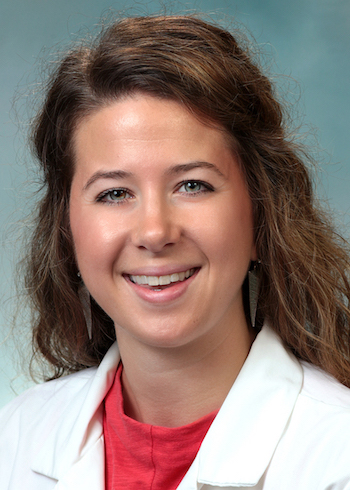Being dizzy or off balance can make it difficult to do everything from bending over to pick something up to getting out of bed in the middle of the night. The result can be dangerous and debilitating for millions of Americans, sometimes resulting in falls and injuries.
Unfortunately, getting an accurate diagnosis regarding what’s causing the dizziness can be very difficult. Some estimates are that patients who seek help for dizziness and balance problems see an average of seven medical professionals before being diagnosed and treated appropriately.
Why the confusion? According to the Vestibular Disorders Association, dizziness and vertigo are not actually “diagnoses,” they are symptoms of a diagnosis. However, many physicians will use these terms as if they were a diagnosis.
Vertigo is the most specific symptom and has a specific definition. Vertigo is an illusion (feeling) of movement. That movement may be felt inside of the person or that person may have the perception of movement of the environment around them. The movement may be perceived as spinning, up and down, or side to side dizziness, giddiness, floating, light-headedness, or a less easily defined feeling. If you suffer from these problems, you may visit doctor after doctor and undergo test after test without receiving a diagnosis. And since the first step to getting better is getting a diagnosis, you may become exhausted and frustrated in the search for relief.
Here’s a rundown from the Vestibular Disorders Association of the different specialists who diagnose and treat dizziness and balance disorders, and their expertise.
- Audiologist—An audiologist is a highly trained professional whose scope of practice includes identification, assessment and diagnosis of people with hearing and balance disorders. Audiologists must hold a license to practice in the state where they provide services. They should be certified by either the American Academy of Audiology, the American Speech, Language and Hearing Association or both. Audiologists specialize in testing and treatment of many problems associated with hearing and balance disorders that cannot be medically or surgically treated such as hearing aid evaluations and treatment of some balance disorders.
At Associated Audiologists, Danielle Dorner, Au.D., specializes in diagnosing and treating dizziness and balance disorders such as benign paroxysmal positional vertigo (BPPV). The practice has the advanced equipment necessary to diagnose these problems, and Dr. Dorner is trained in performing the canalith repositioning maneuver used to treat BPPV. Often, this disorder can be taken care of with one or two treatments.
- Neurologist—A neurologist diagnoses and treats disorders of the brain and nervous system. They do not perform surgery, but they can recommend surgical treatment by an otolaryngologist, neurotologist, or neurosurgeon. Neurologists have at least three years of specialized training following medical school and a one-year internship. They sometimes refer patients to audiologists for diagnosis and treatment of dizziness and balance disorders when they suspect an issue such as BPPV. Likewise, an audiologist may refer a patient to a neurologist or another subspecialist when the issue isn’t related to the inner ear.
- Otolaryngologist—Otolaryngologists (also known as ENTs, or ear, nose, and throat doctors) are physicians and surgeons who diagnose and treat diseases and disorders of the ear, nose, throat, and related structures. They may diagnose and treat patients with dizziness and balance disorders, or refer them to an audiologist, and vice versa.
- Physical Therapist—Physical therapists (PTs/DPTs) and physical therapist assistants (PTAs) are licensed healthcare providers who optimize physical function, movement, performance, health, quality of life, and well-being across the lifespan. PTs who practice vestibular rehabilitation have undergone advanced training to address the care of patients with dizziness. Patient treatments for vestibular concerns are varied and individualized once specific causes dizziness have been established. Possible treatments and interventions may include, but are not limited to, reflex and balance exercises, stretching and strengthening, and fall prevention.
- Otologist/Neurotologist—These physicians are otolaryngologists who have completed one to two years of additional training. They specialize in the ear and its connections to the brain. Evaluation by an otologist/neurotologist is appropriate when a person has been seen by a primary care physician or otolaryngologist/ENT, but needs a further opinion or a more specific diagnosis.
Other medical professionals a patient experiencing dizziness and balance problems may come in contact with include their primary care provider, occupational therapist, ophthalmologist, psychiatrist, psychologist, and many others.
What’s most important is that the patient be referred to the appropriate medical specialty for evaluation and potentially for treatment.
If you are experiencing dizziness and balance problems, schedule an appointment with Dr. Dorner for a comprehensive vestibular evaluation. To learn more about dizziness and balance problems, download our free e-book.



